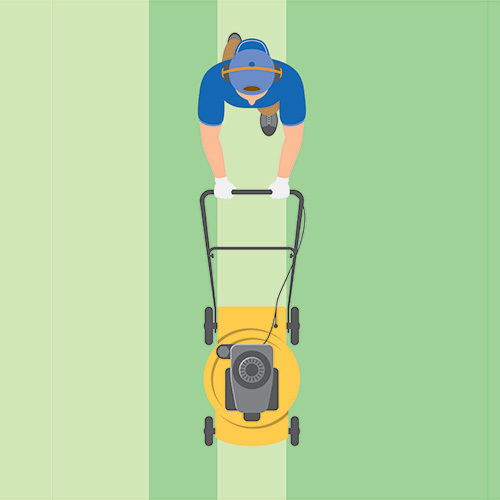 The change. The transition. These slang phrases invoke anxiety and fear for many women. You can let go of these cultural connotations – starting with an understanding of perimenopause.
The change. The transition. These slang phrases invoke anxiety and fear for many women. You can let go of these cultural connotations – starting with an understanding of perimenopause.
1. Definition
Perimenopause means “around menopause” and refers to the years a woman begins having symptoms.
2. Duration
Symptoms typically begin three years prior to menopause and one year after menopause. (Menopause, which occurs at age 51-52, is when a woman has one year, on average, without periods.)
3. Symptoms
Health Expert

Obstetrician-gynecologist, Club W Medical Director
Meritas Health Pavilion for Women
Read about Dr. Werner’s approach to women’s health at MeritasHealth.com/JWerner.
Hormonal changes cause a range of symptoms, including hot flashes and cycle changes. Hot flashes tend to be more severe the year before and the year after a woman’s final period. They can persist for years after the final period. Although some never experience cycle changes and others have erratic periods for years, most have shorter cycles during perimenopause. If a woman has 60 days without a period, she is likely one to three years from her final period.
4. Treatment
Lifestyle changes can help reduce hot flashes and include dressing in layers, adjusting the temperature, maintaining a healthy diet, and avoiding common triggers, such as alcohol, chocolate or tobacco. A variety of hormonal and nonhormonal treatments are available for hot flashes and other symptoms, including for vaginal dryness and mood changes.
"While it’s not possible to predict when you will have your final period, your doctor can compare your menopause-related symptoms and medical history to average-age onset to make an estimation,” said Jackie Werner, MD, Club W medical director and obstetrician-gynecologist with Meritas Health Pavilion for Women. “There’s no need to suffer through the change. I encourage women to ask their doctor about treatment options when behavioral changes are unsuccessful in controlling symptoms.”
Related Articles

March 9, 2020
3 Sneaky IBS Triggers
For people with irritable bowel syndrome, spring may spark a flare-up in symptoms

June 5, 2024
5 Consejos Sobre Nutricion para un Estilo de Vida Mas Saludable
Una alimentación saludable y una nutrición adecuada desempeñan un parte importante a la hora de mantener una buena salud. Aquí le mostramos cómo mejorar sus hábitos nutricionales.

May 31, 2024
5 Nutrition Tips for a Healthier Lifestyle
Healthy eating and proper nutrition play a big part in maintaining good health. Here's how to improve your nutrition habits.


